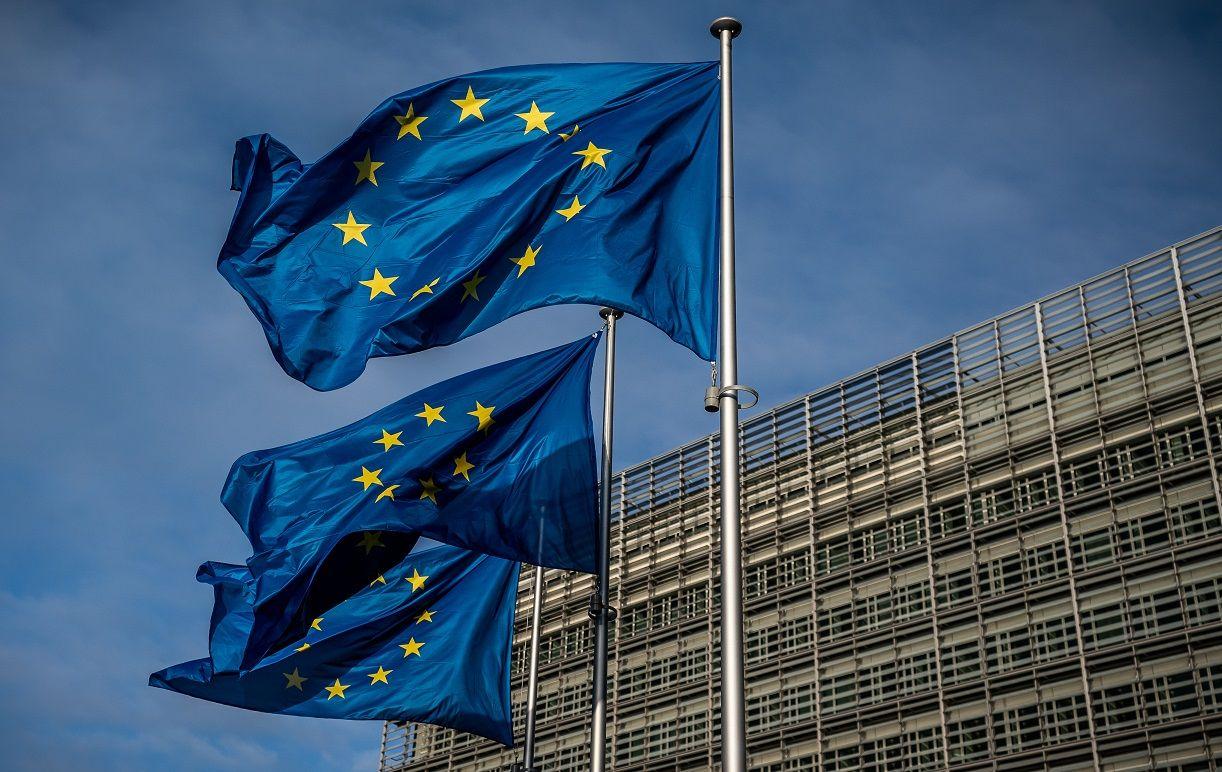FRANKFURT, Sept. 4 (Xinhua) -- For 52-year-old businessman Stefan Doboczky, the train heading for China on Aug. 20 from Vienna with 41 containers of products on board made by his company the Lenzing Group also carried his confidence in the Chinese market.
"For the first time in the history of Austria, a local company is sending goods that are 100 percent produced in Austria directly to China by train," the Lenzing Group, an Austria-based fibers producer, said in a press statement.
"With this new transport route, we can meet the high demand from our customers for sustainably produced fibers more quickly. Thanks to train transport, the urgently needed fibers arrive at our customers in China twice as quickly as by sea freight," said Doboczky, chief executive officer (CEO) of the Lenzing Group.
The products on the train, mainly fibers and pulp used for textiles, had a total value of 1.8 million euros (2.1 million U.S. dollars). According to Rail Cargo Austria, a freight transportation company, the number of trains running on the China-Austria rail freight route is expected to exceed 900 this year.
China is the first major economy to resume growth since the outbreak of the COVID-19 pandemic. European companies have continued to regard China as an important market and an indispensable player in global supply chains, and have been ready to tap new potential in the post-pandemic era.
The China-Europe freight services, among other things, have been a barometer for the transcontinental economic exchanges. Data from China State Railway Group published in August showed that the number of trains operating on the freight routes rose 68 percent in July from a year earlier, following high growth rates already seen in the previous three months.
"China is for us the most important country in the world in terms of sales. We will continue to invest in China, and we will continue to bring products from here to China," Doboczky told Xinhua.
On the other hand, seeing the importance of the Chinese market in the long run, several European multinational companies have recently made investment moves, at a time when the crisis-led economic shocks left companies in general more cautious about making investment decisions.
In late May, German carmaker Volkswagen said that it would invest around 2.1 billion euros (2.49 billion dollars) in electric mobility in China, of which 1 billion euros (1.18 billion dollars) will be used to raise its stake in the e-mobility joint venture with Chinese JAC Motors to 75 percent and to acquire a 50-percent stake in JAC's parent company JAG.
In July, French food giant Danone announced an investment of 100 million euros (118.3 million dollars) to strengthen specialized nutrition business in China, including the opening of a research center in Shanghai and the acquisition of local infant milk formula capabilities.
"The COVID-19 pandemic did not stop the Chinese government from promoting a new round of high-level opening-up," said Li Jian, senior vice president of Danone Greater China, citing the implementation of the country's foreign investment law, as well as pilot projects in free trade zones and cross-border e-commerce zones.
For German truck manufacturer KION, the past August witnessed the groundbreaking ceremony of its new plant in east China's Shandong Province. The project, first unveiled in March, attracted an investment of 100 million euros (118.3 million dollars) and is expected to create more than 800 new jobs by 2025.
"China has recovered quickly from the coronavirus crisis and as one of the fastest-growing markets worldwide, it plays a key role in our strategy," said Gordon Riske, CEO of KION Group AG.
French cosmetic giant L'Oreal regarded the Chinese market as one of the key factors that contributed to the company's resilience during the COVID-19 crisis. In Chinese mainland, the company's turnover grew by 17.5 percent in the January-June period this year.
"The situation in China is improving every day following the COVID-19 outbreak. Consumption, in particular, is rebounding very quickly and strongly as consumers have developed more aspiration for higher-quality and safer products, services and experiences during the COVID-19 lockdown," commented L'Oreal CEO Jean-Paul Agon on the financial results.
China's recent economic figures have given hope for the recovery of the world economy, Stefan Franzke, CEO of Berlin Partner for Business and Technology GmbH, told Xinhua.
After the initial containment measures, China's economy is benefiting from the government's recent proactive course, which pursues the goal of getting the pandemic under control and at the same time limiting its economic impact, Franzke said.
"The Chinese government has taken swift action to alleviate the immediate consequences of the severe economic slowdown on companies and the workforce," he added.
Franzke said he believes that Germany and China can and will work together in the future even more closely in many areas, such as digital health, e-education, future mobility, energy storage and smart city projects.
"The Chinese market has become an important growth driver because of its size and its continuing expansion," Rudolf Minsch, chief economist at Swiss national business federation Economiesuisse, said in an interview with Xinhua in August.
In his view, the most important part of the Chinese economic policy today is the government's commitment to widening the door to the world despite the difficulty arising from the coronavirus crisis, Minsch said. Enditem




 A single purchase
A single purchase









